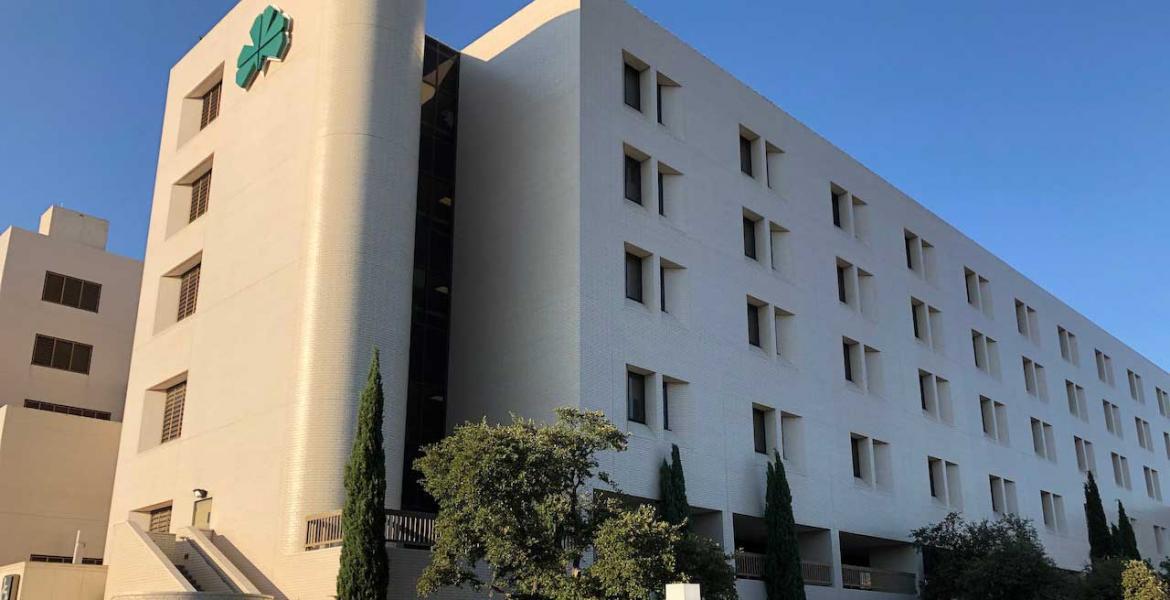HOUSTON, TX – The Texas Heart Institute announced Thursday that a fully artificial heart has been implanted into a human for the first time.
The procedure took place at Baylor St. Luke’s Medical Center in Houston.
The implantation is part of the Food and Drug Administration’s "Early Feasibility Study" for BiVACOR’s artificial heart.
Made of titanium, the BiVACOR Total Artificial Heart features a single moving part that uses magnets to pump blood. This innovative device is intended to support patients with severe heart failure while they await a transplant.
Following the successful procedure, THI stated that four more patients would be included in the study.
“The Texas Heart Institute is enthused about the groundbreaking first implantation of BiVACOR’s TAH. With heart failure remaining a leading cause of mortality globally, the BiVACOR TAH offers a beacon of hope for countless patients awaiting a heart transplant,” said Dr. Joseph Rogers, President and Chief Executive Officer of The Texas Heart Institute and National Principal Investigator on the research. “We are proud to be at the forefront of this medical breakthrough, working alongside the dedicated teams at BiVACOR, Baylor College of Medicine, and Baylor St. Luke’s Medical Center to transform the future of heart failure therapy for this vulnerable population.”
Daniel Timms, PhD, BiVACOR’s chief technology officer and founder, commended the patient and their family for their bravery in undergoing this pioneering procedure.
“I’m incredibly proud to witness the successful first-in-human implant of our TAH," he said. "This achievement would not have been possible without the courage of our first patient and their family, the dedication of our team, and our expert collaborators at The Texas Heart Institute. Utilizing advanced MAGLEV technology, our TAH brings us one step closer to providing a desperately needed option for people with end-stage heart failure who require support while waiting for a heart transplant. I look forward to continuing the next phase of our clinical trial.”
THI reported that heart failure affects 26 million people globally, including 6.2 million adults in the U.S. With fewer than 6,000 heart transplants performed annually worldwide, there is a significant need for alternative treatments.
Subscribe to the LIVE! Daily
Required






Post a comment to this article here: